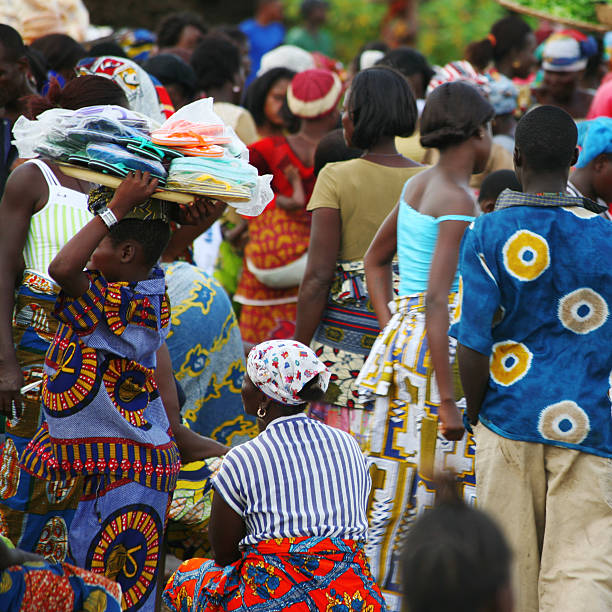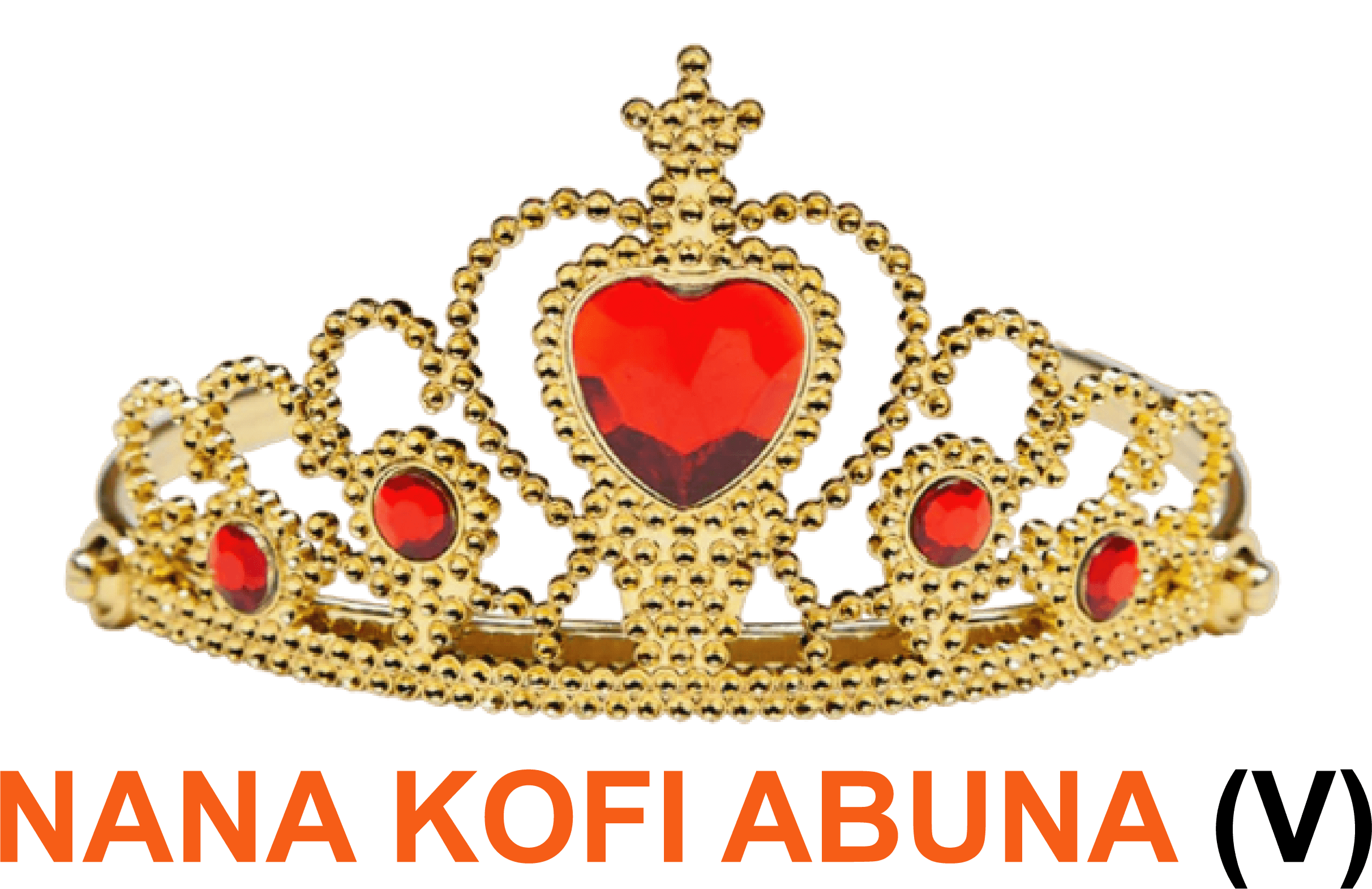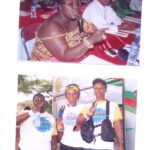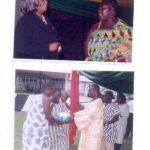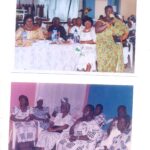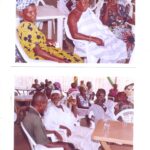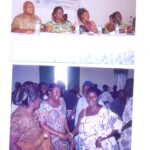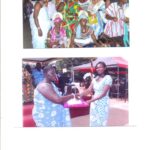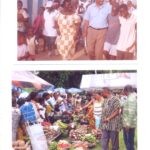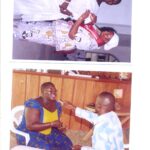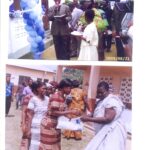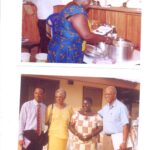|
Our aims to empower women to take on leadership roles in their families, communities and societies in order to realize their own visions of a better future. Leadership skills enable women to participate fully in public life, shaping processes of social change and democratic development. We work harder towards positive and quantitative change in the number of women in formal leadership roles, and a qualitative change in the type of leadership women exercise. Nana Abuna V constantly use her position and background training to bring out the best in women in the community and beyond.
Ou leadership workshops at Esiipun and Sekondi Takoradi has axctually position women in the rightful place in the society, women in our society set up can now think of what to do to help the family and also aspire to polital office in the land.. In many cases, workshop participants have mobilized collectively to address shared challenges. Participants have also gone on to accept formal leadership roles at the local, national, and international levels
|
Need for greater action
In spite of these improvements, situational analysis findings show that gender disparities exist in representation at the political level and in terms of management of the economy in areas such as finance, trade and banking among others.
The situation is such that presently, only 17% of women the world over take part in decisions that are critical to
|
sustainable development, world peace and security and the general well being of humankind.
Presently, African countries that have hit the 30% mark of women representation are targeting a 50/50 representation with their male counterparts just as the Africa Union Commission’s adoption of 50% gender representation within the Commission.
It is in view of this that as part of Ghana’s fiftieth anniversary celebrations last year, the Ministry of Women and Children Affairs Ministry (MOWAC) organized an “International High Level Meeting on Gender Equality and Strategies for Increasing Women Participation in Decision Making.”
This meeting, which coincided with the AU Summit in Accra, brought together many distinguished women from the host country; Ghana, Tanzania, Rwanda, South Africa, Nigeria and Dakar among others.
The meeting was aimed at reviewing strategies and adopting an agenda for accelerating women’s empowerment in decision making in Ghana and Africa, make recommendations as necessary to Ghana and the AU for monitoring and reporting on the implementation of the agenda.
The Ghana situation
The MOWAC Minister, Hajia Alima Mahama who presented a draft document put together by experts on the strategies for increasing women in decision making said “there is an emerging recognition that women are significant, legitimate actors, agents and contributors with competence to participate in formal and informal sector decision making process.”
She said while at independence Ghana had a proud history of women participation in the fight for total liberation of the country from colonial rule and the attainment of independence and the democratic transition has led to increased openness, this has not created sufficient inclusive representation of women.
She lamented that women have limited access to political power and decision making because of multiple factors including socio-cultural and economic that hinder women’s meaningful participation in decision making, constitutional development and political process.
At the political decision making level, women’s participation as parliamentarians has increased by only 1.3% from 9.6% in 1960 to 10.9% at the 2004 election with the slight increase attributed to Affirmative Action (AA).
This translates to 25 women parliamentarians out of a total of 230 parliamentarians, two female cabinet ministers, two ministers of state while there is no female regional minister.
There are two female deputy regional ministers, eleven female deputy ministers, three female members of Council of State out of a total of 25 and four females out of the 48 ambassador and high commissioners.
However, the Chief Advisor to President John Agyekum Kufuor is a female, Mrs. Mary Chinery-Hesse and at the public sector level, the recently appointed Chief Justice is a also a woman in the person of Her Lady Chief Justice Georgina Wood.
Also, there are six females as Chief Directors in the civil service out of a total of 35, representing 17% and in addition there are women are in few positions as follows; Judicial Secretary, Acting Solicitor General, Acting Director of Public Prosecutions, Director of Legislative Drafting, Director for National Development Planning Commission and Acting Commissioner for Human Rights and Administrative Justice.
|
